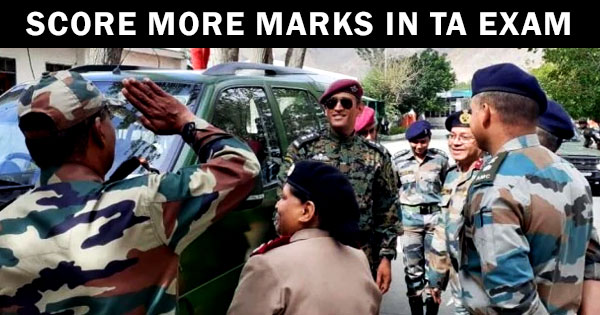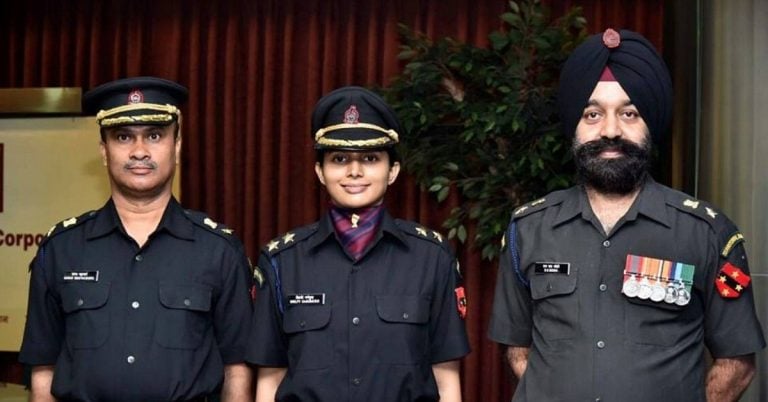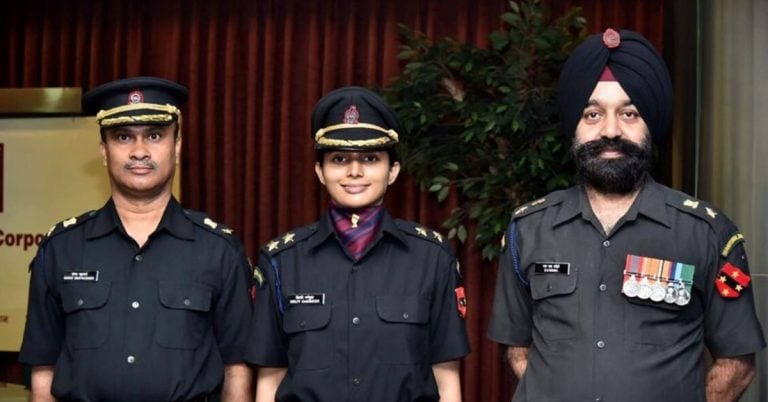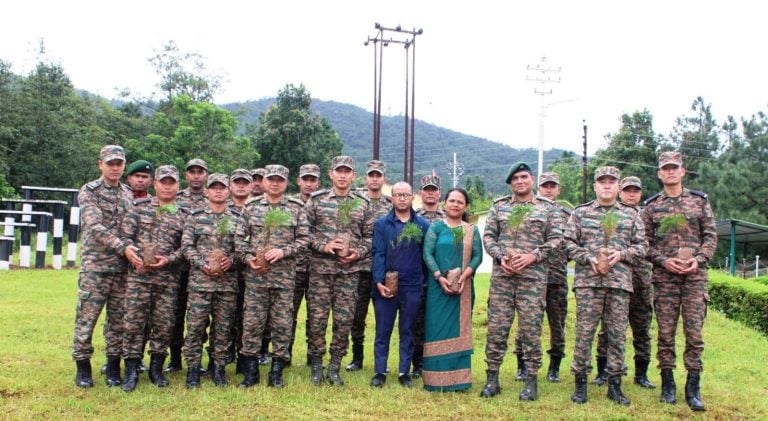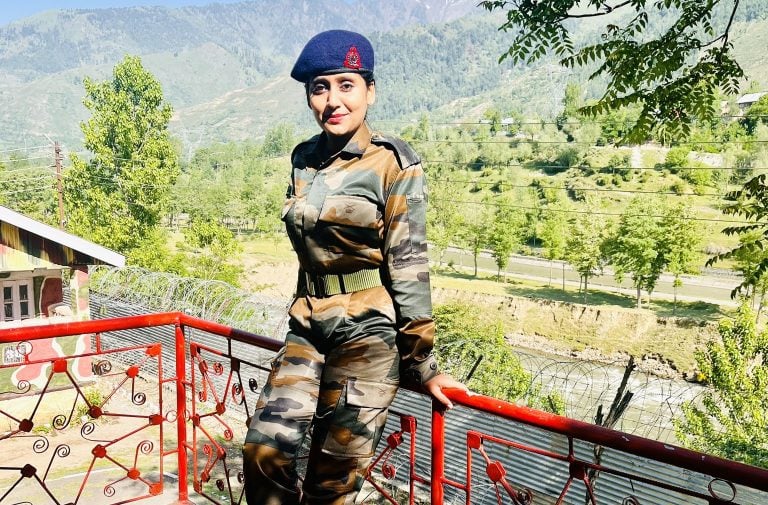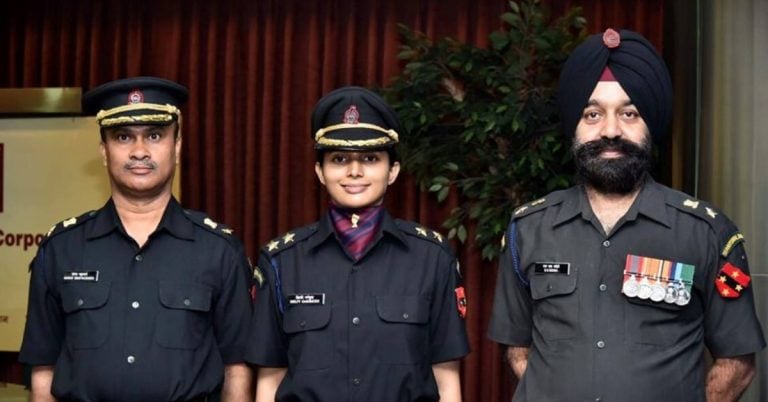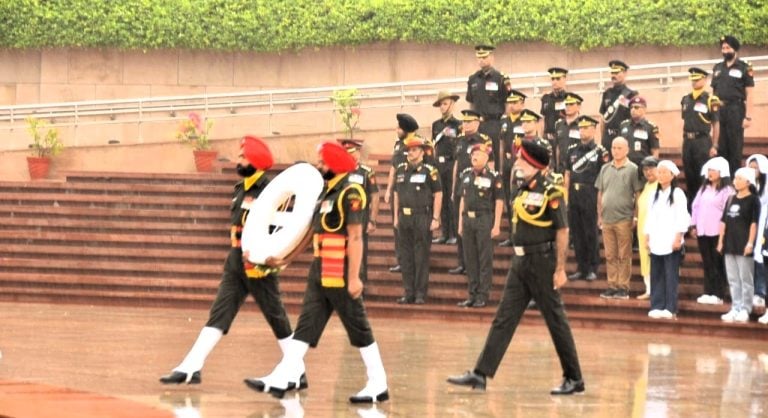The “Why” of joining the Indian Army will be different for different people. Based on the answers they have and the capabilities they address, every aspirant lives a way of life. Turning your life into more enthusiastic, more tough, more adventurous, more meaningful, and more trustworthy is something that you get if you become a part of the Territorial Army. True, that the selection up to the last stage and seeing your name in the merit list is really challenging but it is not impossible. Everyone who has been successful in this is all just above average human beings. The only difference is that their love and determination is so much that they achieve the beauties of personalities from everyone and their focus and attention are undeterred. No matter what your age is, if your purpose to live a life less ordinary is something more than your comforts, then you will definitely become an Officer. Indian Army has been the world’s most sorted organizations of the world and it protects not just the territory but also every life inside and outside India that deserves to be protected.
Analysing the paper of the Territorial Army, I have come up with these simple ways to address it in a strategic way so that every aspirant will get a chance to go to the Preliminary Interview Board. However, few aspirants might already have an idea, but I put it here in a better way so that it will be helpful to you.
| No. of questions asked in every subject in TA Exam Year wise | ||||
| Year | 2012 | 2016 | 2017 | 2019 |
| Geography | 3 | 5 | 5 | 10 |
| History | 11 | 7 | 10 | 8 |
| Polity | 4 | 1 | 3 | 7 |
| Economy | 1 | 2 | 3 | 4 |
| Physics | 5 | 10 | 3 | 3 |
| Chemistry | 6 | 4 | 3 | 4 |
| Biology | 8 | 10 | 3 | 2 |
| Military Specific | 2 | 4 | 3 | 1 |
| Current Affairs | 10 | 7 | 16 | 11 |
| Total | 50 | 50 | 50 | 50 |
Basic Observations:
- Approximately 10 to 15 questions are compulsory from the Current Affairs. This will create a stronghold of your competence in the examination.
- There is absolutely NO fixed order or pattern of questions being asked in TA exam. Unlike NDA or CDS or AFCAT or INET, TA has no trend to follow. You can see it in every subject except for the Military specific and Current Affairs. This clearly means that there is no chance of expecting a pattern.
- Indian History is extremely important for the exam. This subject has significant weightage in the paper.
- All the questions asked are comparatively easy, provided that you have a basic knowledge of the concepts. In a way, I can say that a CDS aspirant will feel the TA paper comparatively easier – just that he must have good knowledge about all the concepts of all subjects, not in-depth but just above average knowledge.
- Since we cannot extract the trend of the paper, we cannot extract the topics of viability. This means that your preparation should be very strategic and converged. Along with maintaining your physical fitness, you must have a detailed plan about the coverage of the syllabus.
Preliminary Analysis:
- All questions are basic and are concept related. I repeat “Basic” and “Concept Related”.
- All questions are direct answer MCQ’s.
- To get more marks one should have good knowledge of all the subjects.
Most Important Subject-wise topics to cover:
| No. | Subject | Topics to be covered in Priority |
| 1. | Geography | Mountain ranges, rivers, dams, minerals, precious stones, international borders, capitals and currencies of nations, physical geography, grasslands, ecosystems, environmental features and disasters, ecological hotspots, national parks and sanctuaries, various deserts and other landforms, all geographic identities of India. |
| 2. | History | Vedic age, Indus valley civilization, kingdoms of ancient India, the arrival of various foreigners, the Afghans, the Mughals, the dynasties of south India, the Marathas, Acts of the British East India Company, legislatures of British in India, various freedom fighters, nationalist movements, things are done by the Indian National Congress – its sessions and who presided over them, the freedom struggle and movement. |
| 3. | Polity | Formation and composition of the Constituent Assembly, the Preamble, some important Articles, Parts, Schedules of the Indian Constitution, the five-year plans, constitutional bodies, NITI Aayog and appointments to various parliamentary committees and jargons used in the parliamentary proceedings. |
| 4. | Economy | Various jargons used in the micro and macroeconomics, the Finance Commission, Recent Budget of India. |
| 5. | Physics | All basic concepts of the physical world, units and measurements, motion in a straight line and in a plane, the laws of motion, work, energy and power, rotational motion, gravitation, mechanical properties of solids and liquids, oscillatory motion, sound and waves, light and optics, electricity, magnetism and magnetic materials, electromagnetic waves and spectrum. |
| 6. | Chemistry | All basic concepts of Chemistry in everyday life, the states of matter, periodic table and the scientists related to the elements in it, periodic properties, chemical equilibrium, about s, p, d and f block elements, hydrocarbons, biomolecules, polymers. |
| 7. | Biology | All basic concepts of Plant and the Animal Kingdom, the anatomy of flowering plants, biomolecules, cell cycle and division, transport and nutrition in plants, photosynthesis, human physiology – digestion, respiration, blood circulation, excretion, neural control and coordination, reproduction; principles of inheritance, evolution, recent ecological issues. |
| 8. | Military Specific | Ranks of the Indian Armed Forces, Commands, recent military deals and exercises, missiles and weapon systems, regiments of the Army and basic terms. |
| 9. | Current Affairs | Refer to SSBCrack Current Affairs Monthly and Yearly Editions every month to have a proper glance of the major current affairs. You will have a proper understanding. |
For more guidance on approaching the exam with confidence, enrol in our courses and start your journey. Your success does matter.
JAI HIND.
